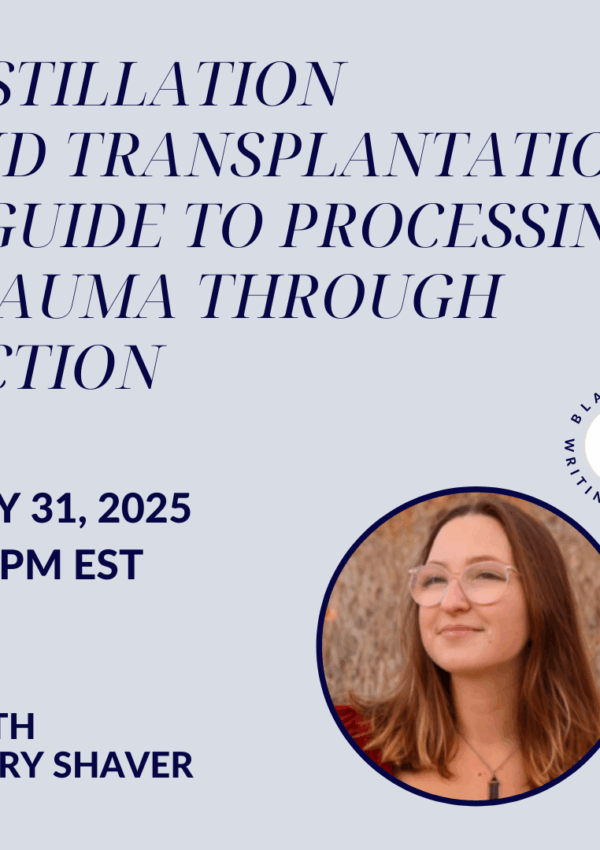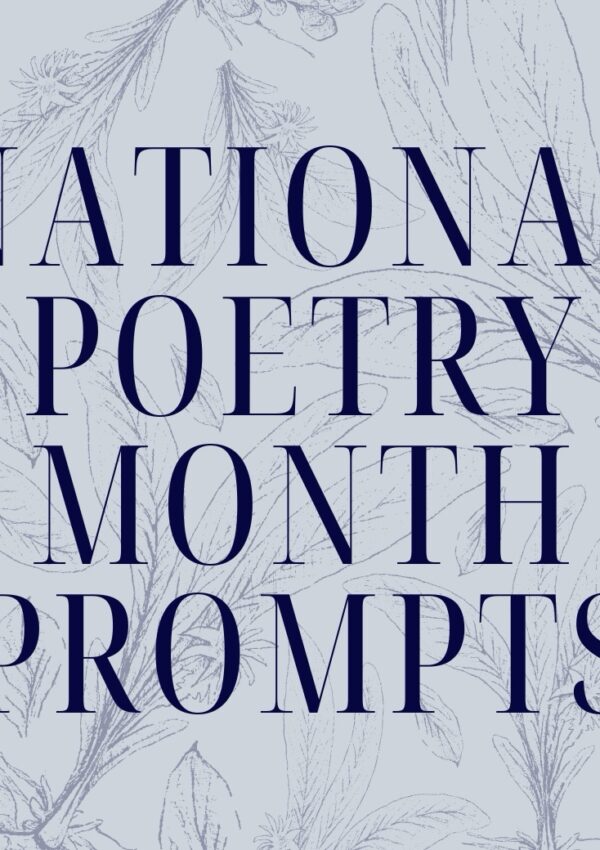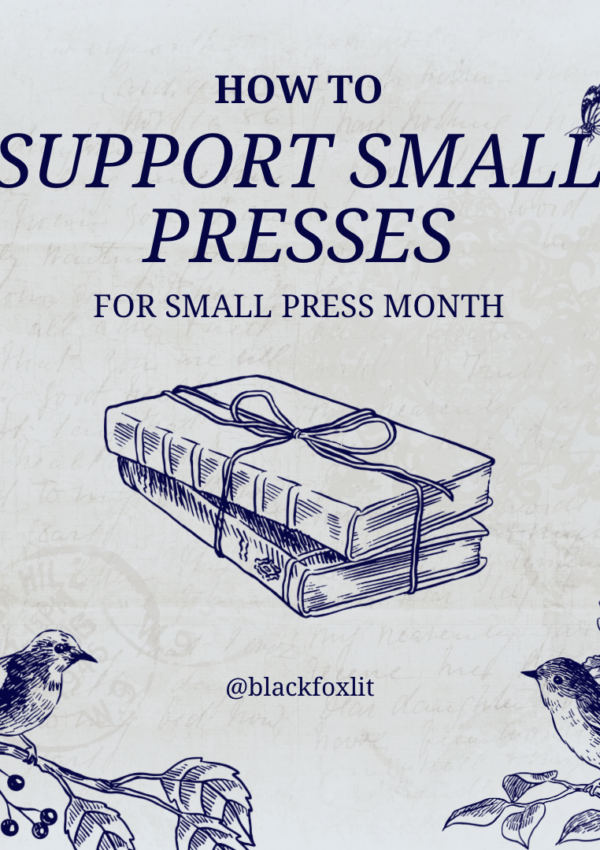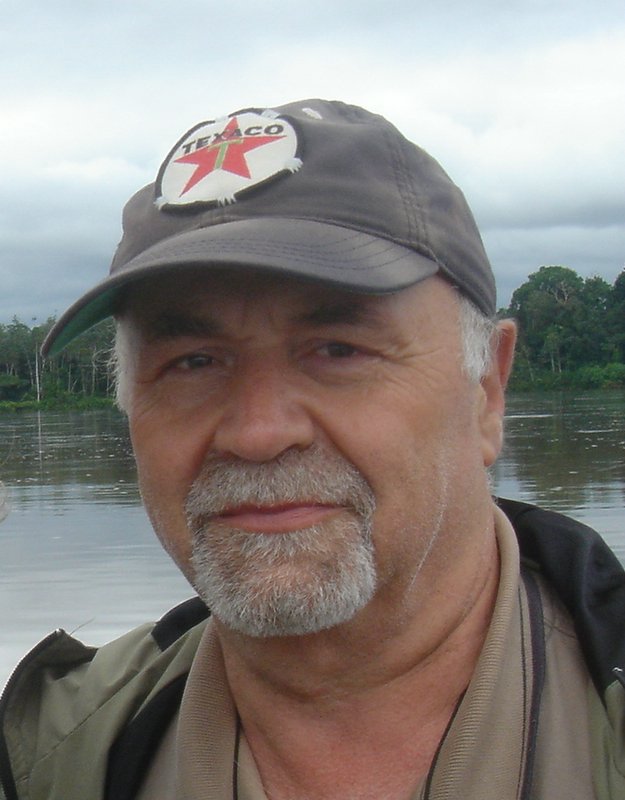It started and ended with dolphins. As a child, when asked by my mother what I dreamed about the night before, I would lie and say I had the most spectacular, mythical adventure doing something relating to dolphins. At ten years old, my innocuous lie was appeased, transformed into an inside joke between the members of my family. One of the first poems I’ve ever written was centered on dolphins—and the lie I created to impress my family at the dinner table.
I’m still doing this, fabricating language into lines and lines into poems, but with a lot less dolphins and a lot more lies.
I say lie not as an intentional hat-trick or a maliciously deceptive slight-of-hand, but I do believe that poetry as an artistic expression relies on certain linguistic duplicities and deceits. And for good reason: poets aren’t in the business of being straightforward with their semantic connotations. There are obviously several examples of poetry that do in fact speak to their readers in front of poetry’s shrouded veil, but overall I do believe that there is always the presence of some form of trickery or syntactical deception at play in poetry.
Stephen Kuusisto states that “Poetry differs from other forms of expression in two essential ways: it does not aspire to tell the literal truth and it can get at the truth with unreliable methods. Or to put it another way: you can glean the truth from a poem but the process is quasi-occult, like reading the entrails of birds.” Kuusisto’s statement is interesting to me because it raises an implicit question: What is truth in a poem and what do we owe our readers in respect to telling the truth within a poem?
What is so enchanting about Kuusisto’s statement is the fact that he is a blind poet faced with the constant, underdeveloped question of: how can you write about things you cannot see? I relate this inane question with the idea that when writing a poem, you must abide by a moral commitment to objective truth and the poem must first be a true account of an experiential occurrence. From my perspective, truth is the last thing I’m concerned with when reading or crafting a poem. Sure, if a poem is intended to be a recollection of a specific event or an elegy memorializing a specific person or tragedy, then of course there’s a greater level of truth-seeking to be considered in respect to employing an ethical sense of narrativity—but poems are essentially rooted in and driven by magic. When Jack Spicer writes “a naked eagle in your throat,” I’m not going to accuse him of being a liar—but on an essential level, that’s exactly what he’s doing. We (I) lie about what is going on in a poem in order to both heighten the reader’s experience and expectations within our meticulously crafted mini-verse–we (I) lie because without imagistic deception, a poem would do nothing more but remind us of how banal our lives can be. At their most potent, poems should function as vehicles created for the sole purpose of distraction. Distract me, the reader, from the consistent hum of daily anxiety and allow me to give into a poem’s deception and trickery because without that ephemeral pause, without that slow moment of breath and silence, the pestle of daily life will gain endless momentum and the potential for escaping the continuous grind will shrink to a dangerously small window of escape.
T.S. Elliot stated that “poetry can communicate before it’s understood.” I believe that in both reading and creating poetry, there needs to be a mutual understanding between poet and reader that truth is not the core of a poem, but rather the catalyst for the creation of an artful lie.
And maybe they’ll be dolphins.
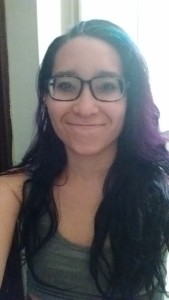 Originally from Oahu, Hawaii, Babette Cieskowski has lived in southern Florida, Kitzingen, Germany, and Central Texas. She is currently earning an MFA in poetry from Ohio State University. Her poems have been published in Coastlines, The Rectangle, Black Heart Magazine, Arsenic Lobster, Pittsburgh Poetry Review, and Compose.
Originally from Oahu, Hawaii, Babette Cieskowski has lived in southern Florida, Kitzingen, Germany, and Central Texas. She is currently earning an MFA in poetry from Ohio State University. Her poems have been published in Coastlines, The Rectangle, Black Heart Magazine, Arsenic Lobster, Pittsburgh Poetry Review, and Compose.
You can read Babette’s poetry in Black Fox Issue 14.
